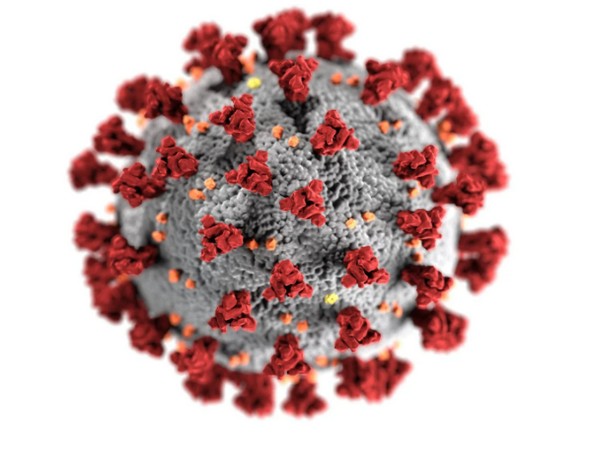Health Advisory Issued to Combat Winter Respiratory Diseases Spread
The Directorate of Medical Health and Family Welfare issued crucial guidelines to curb respiratory diseases like seasonal influenza and human metapneumovirus (HMPV) during winter. Healthcare facilities are advised to enhance preparedness, while the public is urged to adopt preventive measures and hygiene practices to reduce transmission risks.

- Country:
- India
The Directorate of Medical Health and Family Welfare has released an advisory aimed at preventing and controlling the spread of respiratory diseases, including seasonal influenza and the global-reaching human metapneumovirus (HMPV), according to an official release on Monday. Emphasis is placed on precautionary measures, healthcare facility readiness, and public awareness, especially during the winter months when the risk of transmission is heightened.
An official communication has been dispatched to district magistrates and chief medical officers, highlighting the possible global spread of HMPV. While this virus and others like it are exacerbated by winter conditions, mirroring cold and flu symptoms, no HMPV cases have been recorded thus far in Uttarakhand. Winter typically sees increased transmissions of diseases such as seasonal influenza (H1N1, H3N2), influenza-like illness (ILI), and severe acute respiratory illness (SARI). The advisory reassures the public that HMPV symptoms usually resolve within three to five days, urging against panic and misinformation.
To hedge against winter-related respiratory diseases, including HMPV, the advisory makes it mandatory for hospitals to ensure adequate isolation, oxygen, ICU beds, ventilators, and oxygen cylinders availability for influenza and pneumonia patients. They must also maintain a robust inventory of essential medications and materials like PPE kits, N-95 masks, while ensuring staffing adequacy across healthcare facilities. Patients with symptoms of ILI or SARI should be monitored closely, with their data logged on the Integrated Health Information Platform via the Integrated Disease Surveillance Programme.
If clusters of ILI or SARI emerge within communities, testing must be prompt and local, with immediate control and preventive measures employed. The Rapid Response Team under the IDSP program has been delegated to continuously surveil and manage any unusual influenza or pneumonia cases actively.
Comprehensive guidelines stress publicity via diverse platforms to heighten public awareness of preventing influenza and pneumonia spread. The guidelines specifically cater to vulnerable groups like children, the elderly, and those with pre-existing conditions. Public advice includes covering faces while sneezing or coughing, avoiding crowds, maintaining hand hygiene, and seeking medical advice when symptomatic, among others. The advisory warns against reusing tissues or handkerchiefs and close contact with symptomatic individuals, emphasizing doctor-prescribed medication use only and discouraging public spitting to reduce infection risks.
(With inputs from agencies.)










